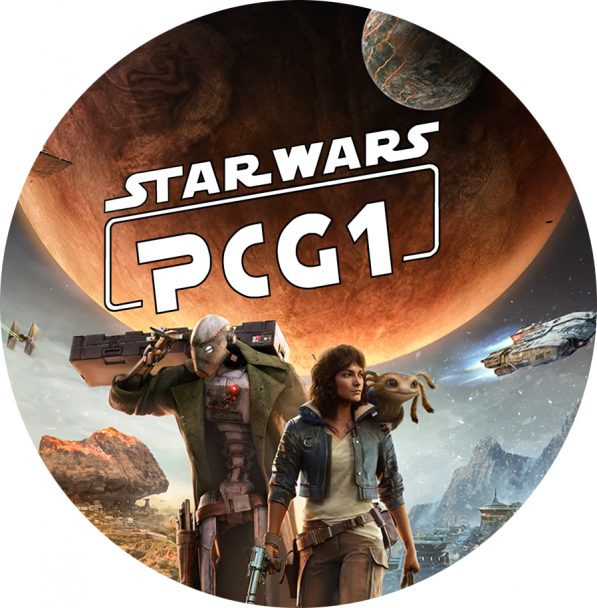As technology evolves, machines get smarter. However, we’re a long way from any sort of AI takeover. We’re still beating robots at Dota 2, so we’re obviously in no danger.
While it sounds silly to judge an AI’s intelligence based on its skill at playing a video game, Dota 2 is only a part of the bigger picture. Video games can be extremely difficult, even for human players. Training an AI to play the game — and play it well — is a huge task.
Teaching an AI the skills needed to play a multiplayer, battle-arena video game is just a step toward teaching it to perform more complex tasks. It might seem like a huge leap to go from Dota 2 to open-heart surgery, but the idea behind their research is sound.
As the Inquisitr previously reported, OpenAI is a non-profit research company funded by Elon Musk. They’ve been working on this artificial intelligence for over a year, even putting it in competitions before.
According to Venture Beat, when the company’s AI went head-to-head with professional player Danil “Dendi” Ishutin, it actually beat him so badly that he quit before the end of the second game.
This prompted OpenAI to go a step further, and pit their artificial intelligence against some of the best Dota 2 players in the world. In an unexpected turn of events, the human teams absolutely smoked OpenAI’s artificial intelligence.
Despite the defeat, this isn’t a bad thing — not at all, actually. As reported by the Verge, this is just a “bump in the road” for the AI. OpenAI’s Dota bots learn through trial and error, and the competition was a valuable experience the developers can learn from.
Instead of simply coding the game’s rules into them, the bots were tossed into the game to fend for themselves. They are “rewarded” for playing well, which causes them to get better over time. While this is somewhat inefficient — each bot has to play staggering amounts in order to “learn” properly — it creates an opportunity for more organic, natural development.
The AI weren’t the only ones who benefited, however. While victory is sweet, many of the human competitors remarked that they learned from the matches as well. They began seeing the game in an entirely new light, and saw game mechanics that they hadn’t noticed before.
This is similar to when DeepMind’s AlphaGo program beat the world’s best Go player, Lee Sedol. After he lost against the artificial intelligence, Sedol learned from the experience and went on to have a winning streak against his human competitors.
While the future of AI is unclear, companies like OpenAI are working to make it a brighter one. There’s quite a bit we can learn from each other, even if we’re just playing Dota 2.


